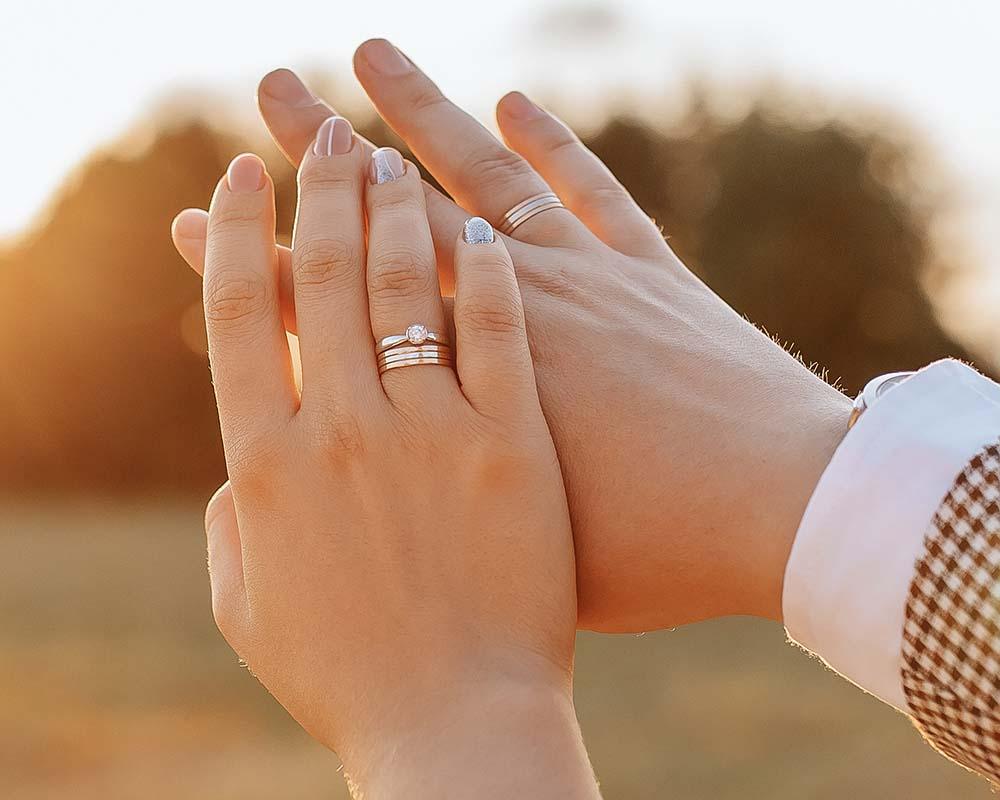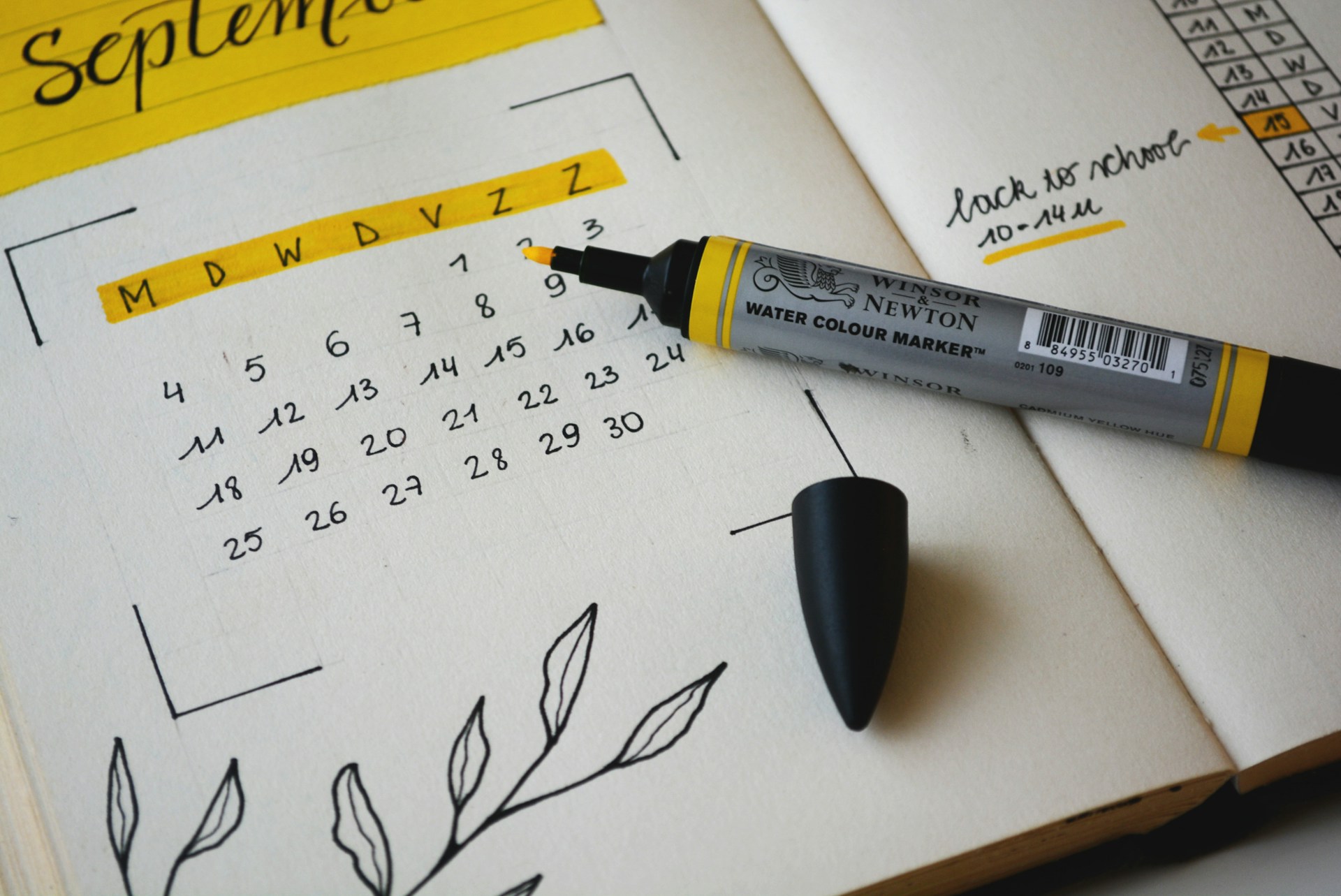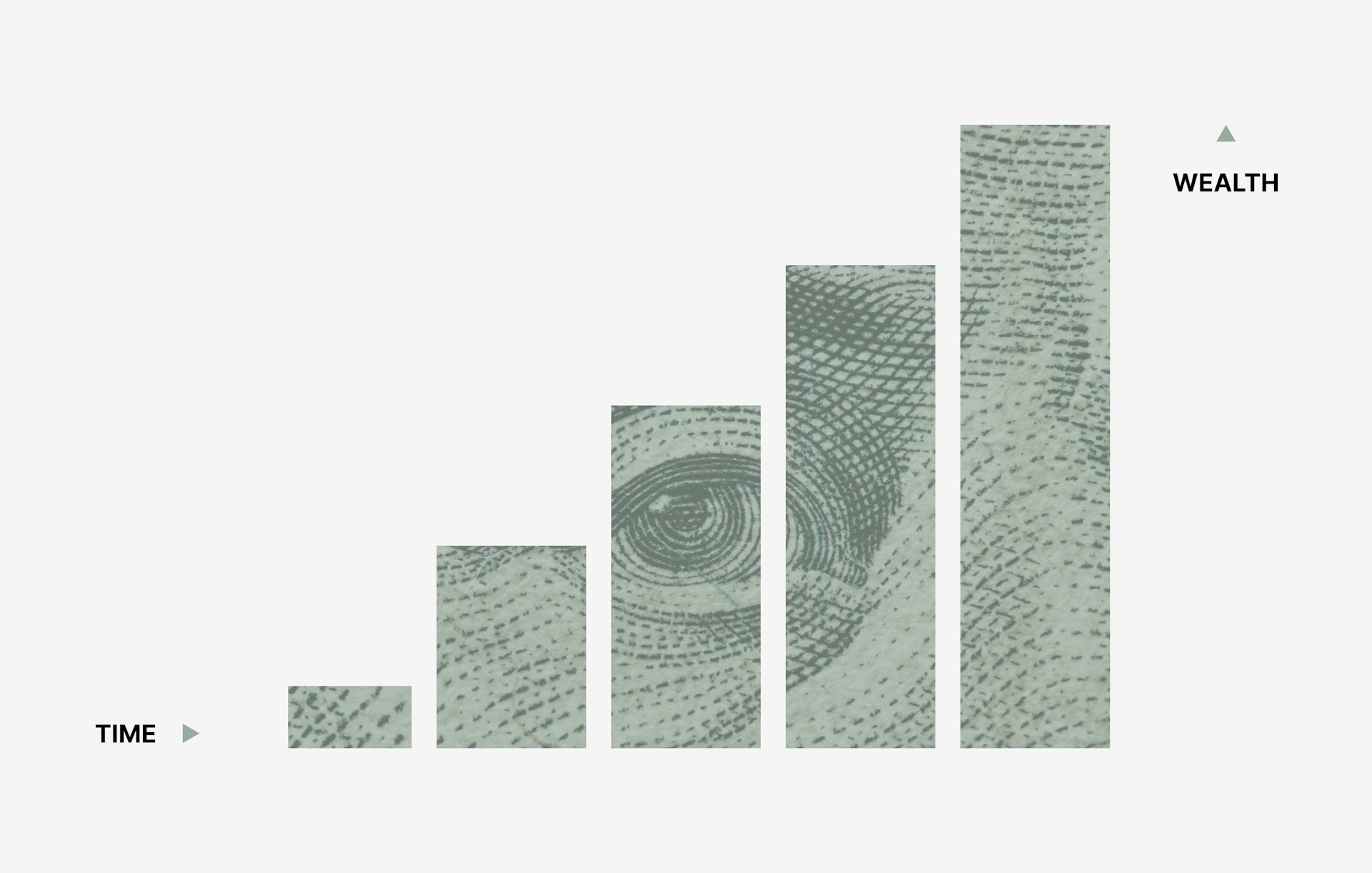From ancient Egypt to modern vows, the wedding ring is more than metal — it’s a circle of history, love, and deep symbolism. 248

A Circle With No End
Wedding rings are so deeply embedded in our culture that we rarely stop to ask: where did this tradition come from? Why do we wear them? Why are they circular? Why on a specific finger? Behind the glimmer of gold and diamond lies a tale as old as civilization — one that spans cultures, empires, and centuries.
The wedding ring is more than a fashion statement. It’s a symbol of unity, eternity, and a public promise of love. And to understand its significance, we must trace its path from the deserts of ancient Egypt to the hands of couples today.
The Egyptian Beginning
The earliest known exchange of wedding rings dates back over 4,800 years to ancient Egypt. Egyptians viewed the circle as a symbol of eternity — without beginning or end — mirroring the infinite nature of love and the everlasting bond between spouses. They crafted rings from braided hemp or reeds and wore them on the fourth finger of the left hand, believing that a “vein of love” (vena amoris) ran directly from this finger to the heart.
This poetic belief, though anatomically inaccurate, laid the foundation for a tradition that still survives today: wearing the ring on the “ring finger” of the left hand in many Western cultures.
Greeks, Romans, and the Rise of Metal
The Greeks later adopted the tradition and passed it to the Romans. However, it was the Romans who began using iron and eventually gold to symbolize strength and permanence. To them, the ring was more than romantic; it was also a legal contract — a sign of ownership and alliance between families.
Roman men often gave rings to women as a declaration of intent, symbolizing the binding nature of engagement and marriage. Over time, the ring became a visible sign of commitment, extending beyond legality into the realm of emotion and fidelity.
Christianity and Ceremony
In the early days of Christianity, wedding rings were not part of the religious ceremony. But by the 9th century, they were formally incorporated into Christian marriage rites, symbolizing spiritual as well as physical union.
Rings became more ornate during the Middle Ages, often engraved with inscriptions, poems, or miniature portraits. These “posy rings” (from the French “poésie,” meaning poetry) carried messages of affection and devotion. The ring evolved from a contractual tool to a deeply personal emblem of love.
Why the Left Hand?
Although the “vein of love” idea isn't scientifically accurate, the tradition of wearing the wedding ring on the left hand’s fourth finger remains strong in many cultures. Some countries, like Russia, Germany, and India, wear the ring on the right hand — yet the symbolism remains the same: the ring is close to the heart, physically and emotionally.
In truth, the choice of hand is more cultural than biological, but the idea of proximity to the heart continues to resonate with many people.
Modern Wedding Rings: From Simple to Symbolic
Today’s wedding rings come in all styles — gold, platinum, titanium, with diamonds or without. Some are minimalist, others are lavish. But regardless of design, they carry the same unbroken meaning passed down through millennia: fidelity, commitment, and eternal partnership.
For many, the exchange of rings during a wedding ceremony is the emotional centerpiece. It's the visible sign of an invisible promise, a personal history forged in precious metal and sealed with intention.
"The ring is not simply a circle of metal — it is a circle of trust, loyalty, and shared dreams."
Beyond Tradition: The Ring in the Digital Age
Even as weddings evolve — from traditional church ceremonies to barefoot beach vows or Zoom-streamed elopements — the ring has endured. It remains one of the few universal symbols of marriage, transcending borders, religions, and even language.
Some couples now opt for ring tattoos, custom engravings, or ethical gemstones — a reflection of how modern values blend with ancient symbolism. But whether simple or extravagant, physical or inked, the essence remains the same: the ring says, “I choose you, always.”
So… Why Do We Wear Wedding Rings?
Because deep down, we crave symbols that matter. Symbols that tell our stories. A wedding ring is the story of love told in a single shape: endless, complete, and enduring. It connects us not just to our partners, but to a human history of love that spans continents and centuries.
Discover more love stories and cultural deep dives at blog.mkpatu.com · Curated with care by Mkpatu
Was this post helpful?
Comments (0)
No comments yet. Be the first to comment!
Leave a Comment
You Might Also Like
7 Brutal Truths I Wish I Knew Before Starting My Small Busin...
From burnout to cash flow disasters — the hard-earned lessons no one tells you b...
What I Wish I Knew Before Learning to Code
Coding isn’t just about writing lines — it’s about rewiring how you think. Here’...

Best Time of Year to Buy a Car (And Why)
How Timing Alone Can Save You Thousands — Without Changing the Car You Want

Best Cars Under $10,000 (2025 Update)
Smart Choices, Real Savings, and Cars That Still Know How to Move You
The Beginner’s Guide to Understanding Mental Health
Before you fix it, you have to understand it. This guide breaks down what mental...

.jpg)







